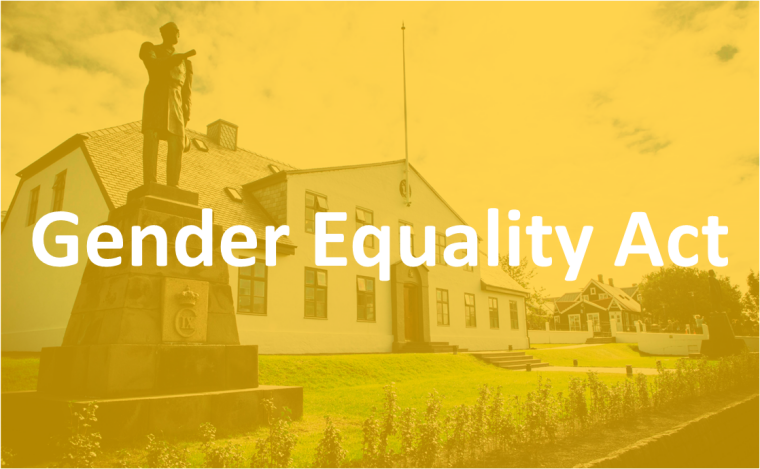
Navigating Legal Marriage Requirements
Entering into marriage is a significant life event, and understanding the legal requisites is crucial to ensure a smooth and valid union. These requirements vary by jurisdiction but encompass fundamental elements necessary for a legally recognized marriage.
Age and Consent
One of the primary requirements for marriage is the legal age and consent of the parties involved. Most jurisdictions stipulate a minimum age requirement for marriage and often require both parties to provide consent freely and without coercion.
Marriage License
Obtaining a marriage license is a foundational step in the legal process of marriage. It serves as official authorization from the government or local authority, permitting individuals to proceed with the marriage ceremony within a specified timeframe.
Officiant and Ceremony
The marriage ceremony typically involves an officiant who solemnizes the union according to legal standards. Officiants may include religious leaders, judges, justices of the peace, or other individuals authorized by law to perform marriage ceremonies.
Witness Requirements
Many jurisdictions require witnesses to be present during the marriage ceremony. Witness requirements vary, but they often involve individuals who can attest to the validity of the marriage by their presence and signature on the marriage certificate.
Legal Formalities
Completing legal formalities is essential for the marriage to be recognized by law. This includes accurately filling out and signing the marriage license and certificate, ensuring that all necessary information is provided as required by law.
Residency and Identification
Some jurisdictions have residency requirements for couples seeking to marry within that jurisdiction. Additionally, proper identification, such as government-issued IDs or passports, is typically necessary when applying for a marriage license.
Understanding Marriage Laws
Understanding the specific marriage laws and regulations in the relevant jurisdiction is crucial. Laws regarding marriage vary between states, countries, or regions, and being aware of these laws ensures compliance with legal requirements.
Pre-Marital Counseling
While not always a legal requirement, some jurisdictions or religious institutions may encourage or mandate pre-marital counseling. This counseling aims to prepare couples for marriage by discussing various aspects of married life, potentially strengthening the relationship.
Post-Marriage Registration
After the marriage ceremony, it’s essential to register the marriage with the appropriate government authority. This step ensures that the marriage is legally recognized, and an official marriage certificate is issued.
Seeking Legal Guidance
Navigating legal marriage requirements can be complex due to variations in laws and regulations. Seeking legal guidance from professionals well-versed in family law or marriage requirements can provide clarity and ensure compliance with all legal aspects.
Legal Marriage Requirements encompass various elements, from obtaining a marriage license to fulfilling legal formalities and understanding local laws. Knowing and meeting these requirements are pivotal steps toward establishing a legally recognized union and starting a life together within the bounds of the law. visit https://sanka7a.com/.


